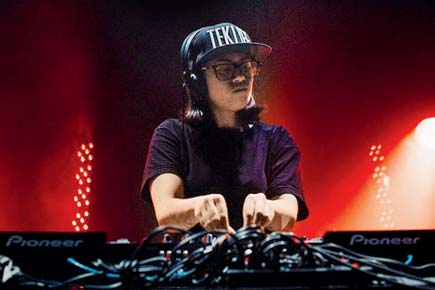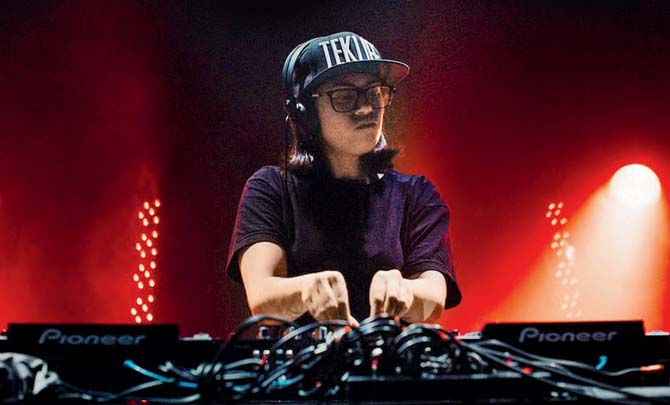Ikonika, one of UK dubstep’s biggest names, talks about her Mumbai visit, and the unusual stage name


ADVERTISEMENT
Growing up London in the 90s, Sara Abdel-Hamid aka Ikonika was drawn toward dubstep and grime like most teens her age.
“I think it was just a general evolution of UK dance culture. We could relate to us because it was our music from our city,” she says over an email interview from London. After turning drummer for metal bands and playing covers of Hole and Nirvana after school, electronic production seemed like a natural progression. “I was listening to a lot of Rinse FM, which was at the time a pirate radio station broadcasting from East London. All these things influenced me and I started going to club nights like FWD and DMZ. My favourite DJs from that time were Skream, Mala and Kode9,” she says. After she started sending tunes to Kode9, she released her first single on his label, Hyperdub in 2008.
With her twisted and melodious take on underground music styles including dubstep, grime, UK funky, house and techno, Ikonika is, today, a rare female face in the male-dominated world of dubstep. And, now she’s set to give Mumbai a taste of her music later this week. “It’s my first time in India. I am incredibly excited. I live in Hounslow in West London, so I’ve always been around and influenced by Indian culture,” she gushes.
Building her signature sound around messed-up rhythms and bleeps reminiscent of computer games of her childhood, Ikonika admits being influenced by old-school video game soundtracks. In 2010, her debut album Contact, Love, Want, Hate, became one of the first high-profile dubstep album produced by a woman. “I think the reason it was so accepted wasn’t because it was dubstep sounding as much, but really it drew on influences from R&B, garage, UK funky and video games. Dubstep gave it a platform, a stage for it to be played,” she says. If her first album was her take on post-dubstep styles, her last album, Aerotropolis was a tribute to the old-school freestyle house and synthpop jams that soundtracked her 80s youth in West London.
Born to an Egyptian father and Filipino mother, Ikonika has been lauded for venturing into a largely male-dominated space. “I would agree that I am a ‘rare female face’ in electronic music. So, I feel I have a duty to be myself and to be a real role model to women that I would like to produce,” she says.
Interestingly, her stage name Ikonika was inspired the word iconoclast. “To me, it represents a different prospective to what you’ve been shown before. It means future, technology and a peaceful world with no labels,” she says.
 Subscribe today by clicking the link and stay updated with the latest news!" Click here!
Subscribe today by clicking the link and stay updated with the latest news!" Click here!






